Praise for The Guide to Enlightenment
Filled with vivid reflections on their personal experiences as followers and teachers of Buddhism, this guidebook offers modern students valuable advice and models on how to orient themselves toward the Dharma, the Teacher, and the Sangha to fulfill their highest aspirations.
Tulku Thondup, author of The Heart of Unconditional Love
This is a helpful book written by two American women, both married to their teachers, who offer guidance on the traditional approach of the guru in Vajrayanaa heart connection based on total trust and devotion. This willingness to surrender should leave us open to receive the gurus blessings like an empty vessel ready to be filled, unlike any ordinary relationship. Although this imbalance of power could be a sad cause for abuse and exploitation, here the authors discuss the ideal association with a fully qualified guru who embodies bodhichitta and is worthy of trust.
Jetsunma Tenzin Palmo, author of Reflections on a Mountain Lake
For a student on the Vajrayana path, nothing is more important than choosing and committing to a guru. This little book, clearly written by two Western Vajrayana students in language Westerners can understand, offers simple and straightforward advice on how to prepare well for a devoted lifetime relationship with a vajra master. These writers should knowboth were married to realized masters.
Dzongsar Jamyang Khyentse, author of The Guru Drinks Bourbon?
It is a joy to endorse this important book compiled with great care by Allison Choying Zangmo on behalf of her dharma sister, Carolyn Kanjuro. Together they offer advice and guidelines on the subject of devotion to the spiritual master based on their personal experiences. Since my life has taken a similar course, I have long known that the most important relationship that one can cultivate in life is with ones spiritual guide. I also know that this remains one of the most misunderstood areas of spiritual development for Western seekers. Once becoming a Buddhist, one of the first texts that I was fortunate to receive teachings on was the Fifty Verses of Guru Devotion by the Indian Acharya Tayang.
It is crucial for disciples of dharma, and in particular Vajrayana, to receive instructions on the qualifications of a true spiritual master and the qualifications of the disciple. Given that this is the backbone for the timeless process of lineage blessings and transmissions, this book and the insight, inspiration, and truth that it reveals are especially timely at this juncture.
Sangye Khandro, cotranslator of Essence of Clear Light
Shambhala Publications, Inc.
2129 13th Street
Boulder, Colorado 80302
www.shambhala.com
2021 by Allison Choying Zangmo
Cover art: Courtesy of Robert Beer
Cover design: Daniel Urban-Brown
All rights reserved. No part of this book may be reproduced in any form or by any means, electronic or mechanical, including photocopying, recording, or by any information storage and retrieval system, without permission in writing from the publisher.
 This edition is printed on acid-free paper that meets the American National Standards Institute z39.48 Standard.
This edition is printed on acid-free paper that meets the American National Standards Institute z39.48 Standard.
 Shambhala Publications makes every effort to print on recycled paper. For more information please visit www.shambhala.com.
Shambhala Publications makes every effort to print on recycled paper. For more information please visit www.shambhala.com.
Shambhala Publications is distributed worldwide by Penguin Random House, Inc., and its subsidiaries.
LIBRARY OF CONGRESS CATALOGING - IN - PUBLICATION DATA
Names: Zangmo, Allison Choying, author. | Kanjuro, Carolyn, author.
Title: The guide to enlightenment: Why the teacher still matters in Buddhism today / Allison Choying Zangmo and Carolyn Kanjuro.
Description: Boulder: Shambhala, 2021.
Identifiers: LCCN 2020050593 | ISBN 9781611808537 (trade paperback)
eISBN 9780834843882
Subjects: LCSH : Teacher-student relationshipsReligious aspectsBuddhism. | Buddhist educationChinaTibet Autonomous Region. | Buddhist educationUnited States. | Spiritual lifeTantric Buddhism. | Monastic and religious life (Buddhism) | Buddhist centersUnited States.
Classification: LCC BQ 7756. Z 36 2021 | DDC 294.3/75dc23
LC record available at https://lccn.loc.gov/2020050593
a_prh_5.8.0_c0_r0
Contents
Preface
This book is the culmination of a very precious dharma friendship between me and Carolyn Kanjuro. Before she passed away in the summer of 2020, we had only known each other for about six years. I remember her words, always like poetry; her eagerness to discuss the nuances of spiritual life; the way she could soften all my words, which are often too direct. When we had teachings at Orgyen Khamdroling, our dharma center, she always made tea for Anyen Rinpoche and I, using Shibata Senseis teapot. Before she died, she said her one worry was that she wouldnt be there to make tea for us. I was sad, too, but I assured her we would be okay.
Carolyn and I had many things in common that I dont have in common with other normal Americans. She had been married to Shibata Sensei (19212013), an extraordinary samurai master from an earlier generation in Japan, and I had married Anyen Rinpoche, an extremely traditional Vajrayana lama from Tibet, two teachers who sometimes seemed like mirrors of one another. When Carolyn became a student of Anyen Rinpoche (who she said often spoke with Shibata Senseis voice and even used his words), we developed a close friendship based on our practice of Vajrayana Buddhism and our mutual love of writing. A few years ago, Carolyn asked me if I would be willing to coauthor a book with her. She explained that before he passed away, Shibata Sensei had made her promise to write a book about devotion. She was worried she was running out of time and wouldnt be able to keep her promise. While Carolyn was artful and diplomatic as a writer, she liked to joke that I was a racehorse. We were a perfect match.
Following this, we started discussing the idea of this book with Nikko Odiseos at Shambhala Publications over email and lunches. We went back and forth about the actual content of the book for almost a yearin part because of a concern that readers of the book would see us as privileged in that we had both married spiritual teachers and were not really representative of ordinary dharma students.
Ordinary, no. But Carolyn and I both felt this notion of being privileged was a misconception. Being a spiritual teachers right hand simply makes you a student who is subject to higher standards, more responsibility, and deft criticism. It is definitely not a comfortable spot where you enjoy the teachers favor. Although I have no intention of drawing a comparison of either of us to the great spiritual consorts of the Vajrayana, spiritual consorts have traditionally been expected to support, practice, and realize the practices taught by their teacher/consort. As an aside, for those readers who may not be aware of it, I would add that these roles of support and teacher consort are not limited by gender. The yogini Yeshe Tsogyal exemplified both rolesfirst as the support for Padmasambhavas enlightened activity and then later, as she brought her consort Atsara Sale to full realization.

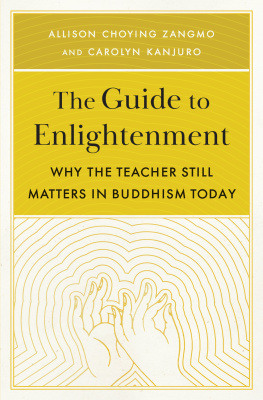

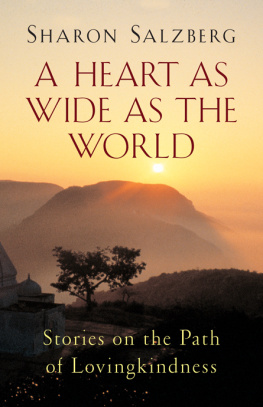
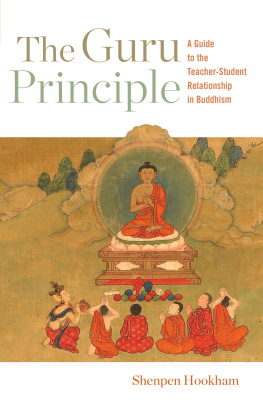
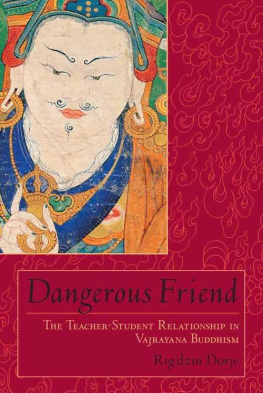
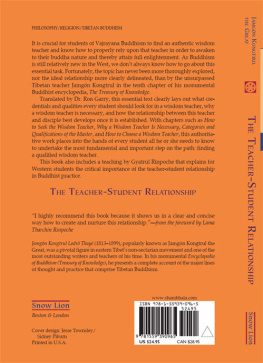
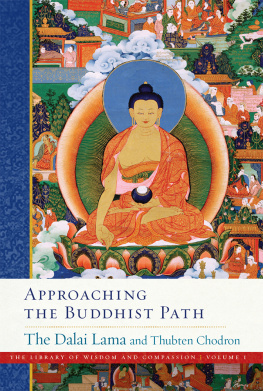
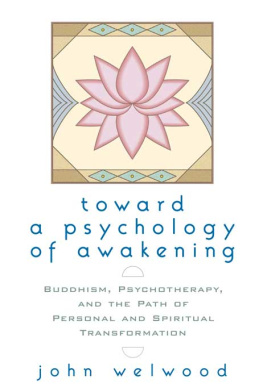

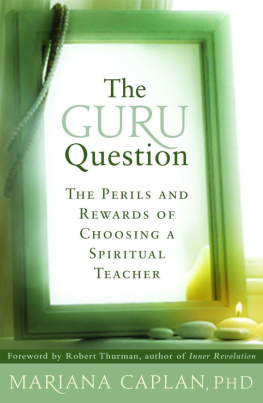
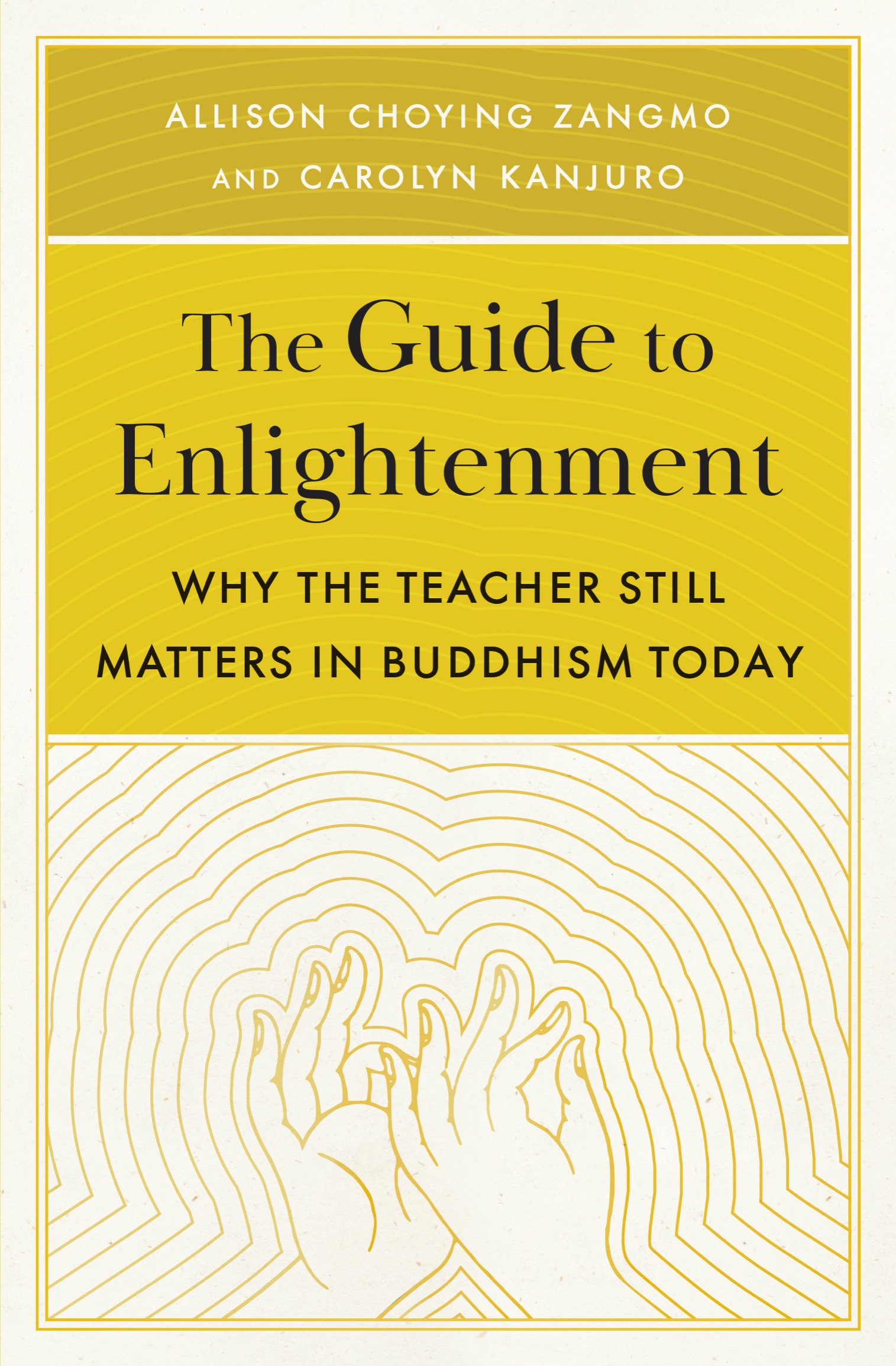
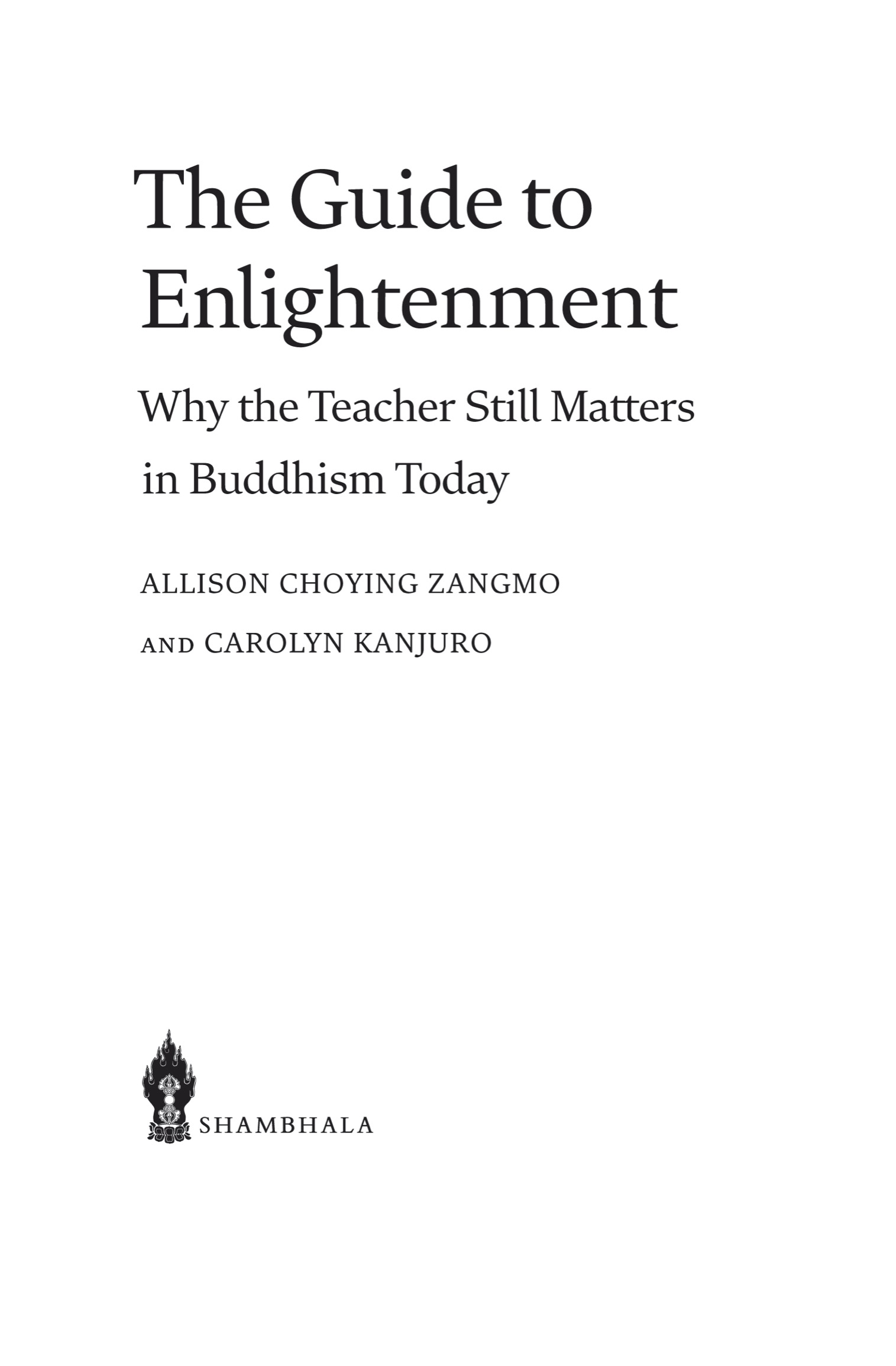
 This edition is printed on acid-free paper that meets the American National Standards Institute z39.48 Standard.
This edition is printed on acid-free paper that meets the American National Standards Institute z39.48 Standard. Shambhala Publications makes every effort to print on recycled paper. For more information please visit www.shambhala.com.
Shambhala Publications makes every effort to print on recycled paper. For more information please visit www.shambhala.com.